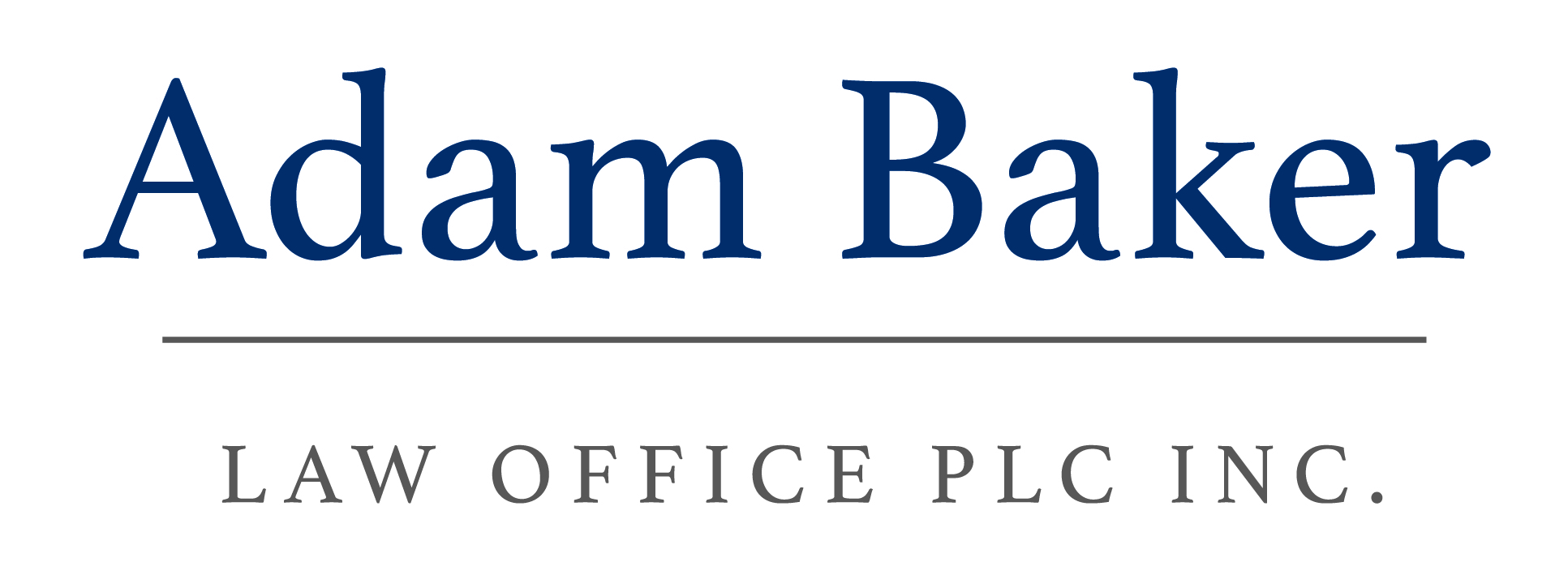Some quick questions and answers about legal names changes in Newfoundland and Labrador.
Applying for a Legal Name Change
Q: Can I apply for a legal name change?
A: If you are a resident of the province (and have been a resident for at least three months) and are over the age of 16, then you can apply for a legal name change. The requirements for a change of name application are set out in the Change of Name Act, 2009, SNL 2009, c C-8.1. At present, the application requires a supporting affidavit to be sworn or affirmed in the presence of a Notary Public, the applicant’s birth certificate, and a certified criminal records check.
Surname Change: Getting Married
Q: Do I need to apply for a legal name change if I am getting married and want to change my surname?
A: No. The Act provides an exception for married persons. Section 3(a) of the Act states that a person may change a surname without recourse to the Act: “. . . as a result of marriage, a person may adopt the surname of that person’s spouse or a combination of each spouse’s surname.” If you get married and you want to change your surname, then you can simply start using your spouse’s surname or a hyphenated surname, as you choose, and just apply to update your identification documents accordingly (e.g. your driver licence and passport). In this case your birth certificate would still list your birth name.
Surname Change: Separation or Divorce
Q: Do I need to apply for a legal name change if I am separated from or getting divorced from my spouse and I want to change my surname back to a prior surname?
A: No. As with surname changes on marriage, the Act provides an exception for married persons. Section 3(b) of the Act states that a person may change a surname without recourse to the Act: “. . . during or after a marriage, a person may revert to the person’s own surname or a previously acquired surname.” If you get divorced, and, in fact, even if you are not divorced but are simply separated, or even if you are not separated but still happily married and simply want to go back to using an earlier surname, then you can simply start using your birth surname or an earlier-acquired surname (i.e. from a prior marriage), as you choose, and just apply to update your identification documents accordingly (e.g. your driver licence and passport).
Restrictions on Legal Name Changes
Q: Can I change my name to whatever I want?
A: No. There are some restrictions listed in the Act which permit the Minister to refuse to grant a change of name application (e.g. if the proposed name might reasonably cause mistake or confusion to another person, the change of name is sought for an improper purpose, the applicant has made frequent changes of name, or the name is undesirable in the public interest). As well, persons with a record of convictions of certain criminal offences may also be denied a legal name change.
Changes to Birth Certificates
Q: If I get a legal name change, then what happens to my birth certificate?
A: If you were born in the province then the registrar is required to amend your birth certificate accordingly. If your birth was registered in another jurisdiction (i.e. another province or country), then the Act requires the registrar to immediately notify the official responsible of a change of name effected under this Act.
Can I Change my Child’s Name?
Q: Can I change my child’s name?
A: This is more complicated, for good reason. If your child us under the age of 12, then you can apply to legally change the child’s name if you have the written consent of both parents, OR proof that one of the parents was given notice of an intention to apply for a child’s name to be changed and has not objected to it, OR an order from a judge dispensing with these requirements. If your child is over the age of 12 and under the age of 16, then you also need the consent of the child to apply to legally change that child’s name. If a name change application requires an application to a judge, getting help from a lawyer would be wise.
